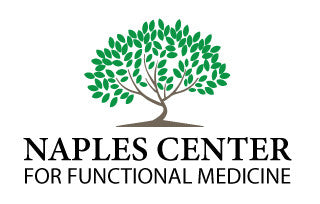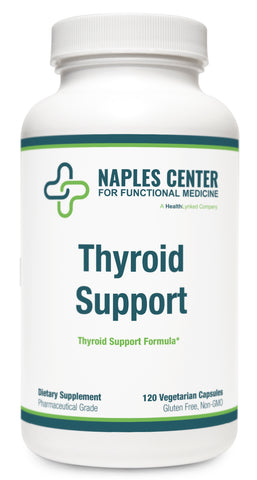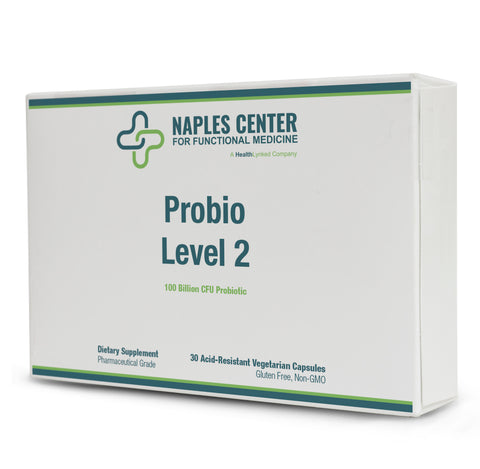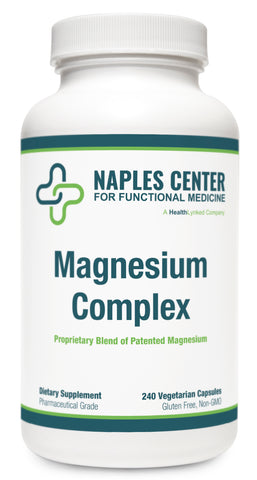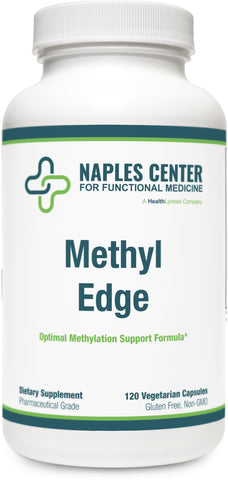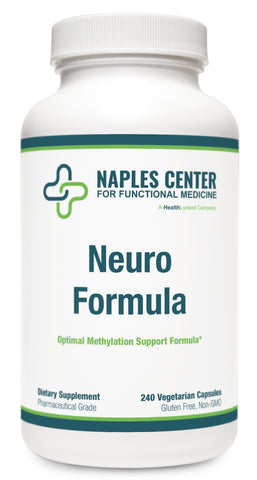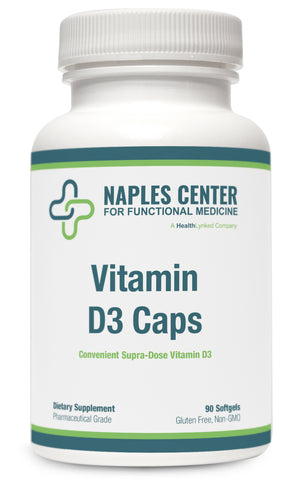Thyroid Support
Thyroid Support
Thyroid Support Formula*
Thyroid Support features targeted nutrients and herbs that support healthy thyroid hormone biosynthesis. This combination may facilitate the expression of thyroid hormone genes. The addition of ashwagandha and guggul extract may aid in the conversion of thyroxine to triiodothyronine (T4 to T3) and may assist in maintaining healthy blood lipid levels already within the normal range.*
Disclaimer
Directions
Take two capsules daily, or as directed by your healthcare practitioner. Consult your healthcare practitioner prior to use. Individuals taking medication should discuss potential interactions with their healthcare practitioner. Do not use if tamper seal is damaged.
Does Not Contain
Wheat, gluten, yeast, soy protein, dairy products, fish, shellfish, peanuts, tree nuts, egg, artificial colors, artificial sweeteners, or artificial preservatives.
Storage
Keep closed in a cool, dry place out of reach of children.
Other Ingredients
HPMC (capsule), stearic acid, silica, magnesium stearate, calcium silicate, and medium-chain triglyceride oil.
Caution
Do not take if you are pregnant or lactating. Excess vitamin A intake may be toxic and may increase the risk of birth defects. Pregnant women and women who might become pregnant should not exceed 5000 IU of preformed vitamin A (retinyl palmitate) per day.
Applications
- Supports Healthy Thyroid Function*
- Supports the Body’s Conversion of T4 to the More Active Hormone T3*
Disclaimer
Discussion
Iodine The thyroid gland produces two main iodine-containing hormones: thyroxine (T4) and triiodothyronine (T3). These hormones circulate in the bloodstream and work on every living tissue and cell to regulate metabolism and growth. Of the body’s iodine pool (about 15 mgs in adults), 80% is contained in the thyroid gland. Iodine is primarily used as a substrate for the manufacture of T4 and T3, and healthy iodine status is imperative for normal thyroid function and thyroid hormone biosynthesis.[1,2] Because excessive iodine intake, like inadequate iodine intake, can negatively impact thyroid function, total supplementary and dietary iodine should be considered.[2] Thyroid Support provides 75 mcg of iodine from Atlantic kelp in each serving.*
Selenium While the role of iodine has long been known, the mechanisms by which selenium exerts its beneficial effects on the thyroid gland have been elucidated more recently. According to Arthur et al, “Selenium is an essential component of many selenoproteins that regulate thyroid hormone synthesis, preserve thyroid integrity in conditions of marked oxidative stress, and control hormone metabolism in nonthyroidal tissues where the prohormone T4 is converted to biologically active T3 or its inactive isomer rT3.”[2] The interactive and complementary relationship between iodine and selenium has become an area of interest and research. For instance, in an animal study, it was observed that a high iodine intake in the presence of selenium deficiency may permit thyroid tissue damage as a result of low thyroidal glutathione peroxidase activity. It was further noted that even a low selenium intake helped normalize circulating T4 concentration in the presence of iodine deficiency.[3] Evaluation of emerging data supports “selenostasis” as an important aspect of thyroid health.* [4]
Zinc and Vitamins A and D Research suggests that inadequate intakes of zinc and vitamins A and D may impact thyroid hormone metabolism, circulating thyroid hormone concentrations, the thyroid’s response to iodine prophylaxis, and antithyroid antibody levels.[2,5-7] Researchers further propose that vitamins A and D could increase the transcriptional activity of the thyroid hormone receptor-regulated genes.[8] Expression of these genes affects growth, differentiation, development, and metabolic homeostasis. More studies into the roles of zinc and vitamins A and D will help to gain a better understanding of how these nutrients interact with thyroid hormones, iodine, selenium, and each other to influence thyroid health.*
Retinyl palmitate is used in this formula rather than beta-carotene because certain individuals may lack the ability to effectively convert betacarotene or other carotenoids into vitamin A.[9] It is also important to note that vitamin D facilitates intestinal calcium absorption and therefore helps maintain the ratio of calcium to phosphorous, which can be affected by low thyroid function and certain thyroid therapies.*[10,11]
Vitamin E and Rosemary “Oxidative stress” denotes an imbalance between the production of oxidants and their elimination by antioxidative systems. Studies support the concept of reducing oxidative stress in order to protect thyroid cell health and maintain normal thyroid cell growth and lifecycle.[12] Furthermore, because active oxygen radicals can inhibit the activity of an enzyme involved in the conversion of T4 to T3, reducing oxidative stress may have a two-fold application in thyroid health.[13] Antioxidative components in Thyroid Support, such as vitamin E and rosemary, may help protect thyroid cells/tissue and also support the enzymatic conversion of T4 to T3 by scavenging damaging free radicals.*[13,14]
Guggulsterones and Ashwagandha Researchers have demonstrated the positive influence guggul extract can have on thyroid function and blood lipid metabolism. In one study, the gum resin of Commiphora mukul (guggulu) reversed induced decreases in thyroid hormone and 5’-deiodinase activity in an animal model of low thyroid function.[15] Ashwagandha (Withania somnifera) is an Ayurvedic herbal tonic or adaptogen that has been used for thousands of years. Animal research suggests that ashwagandha is capable of stimulating thyroid function in mice.[16]
We Also Recommend
